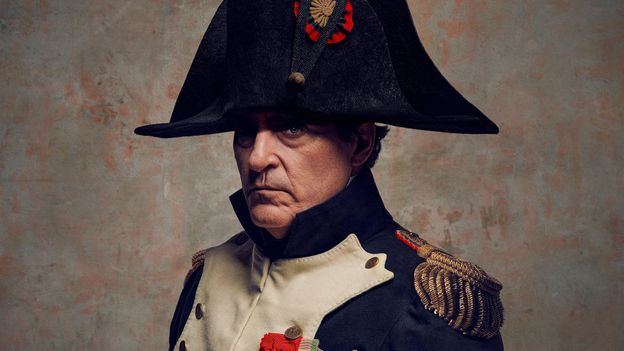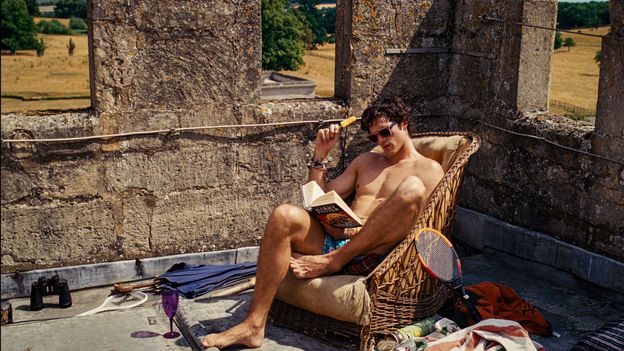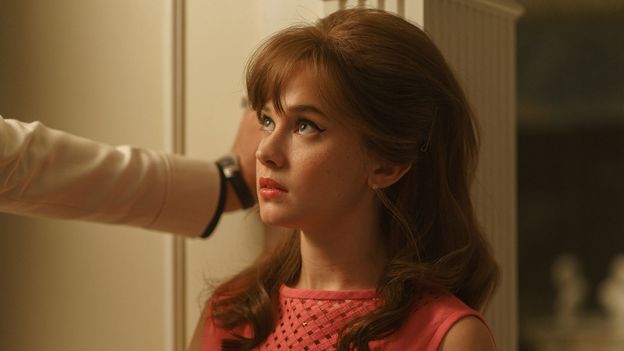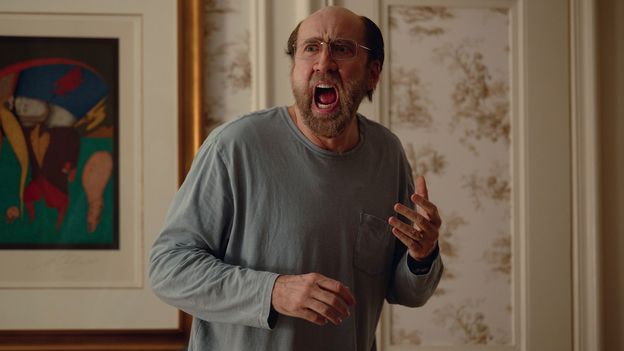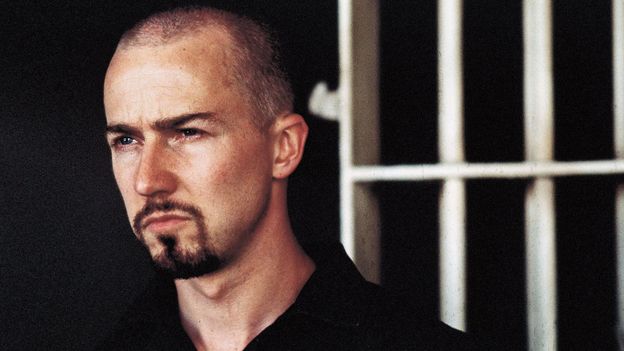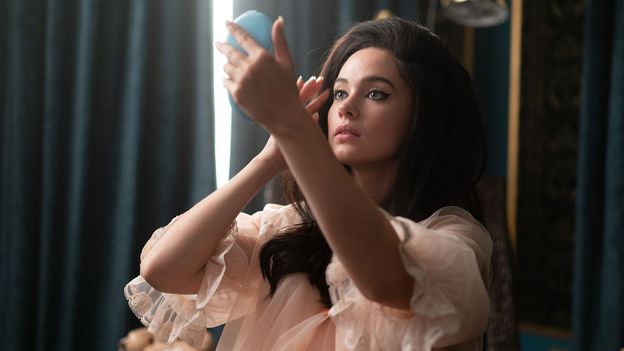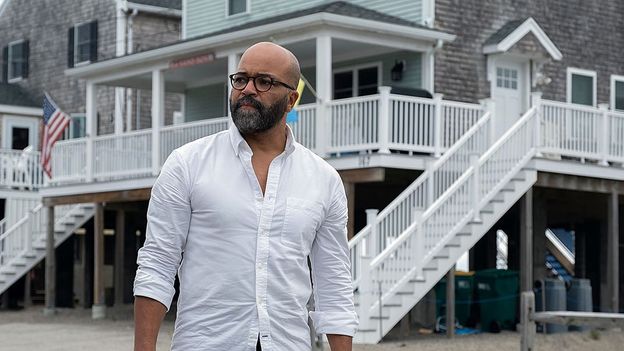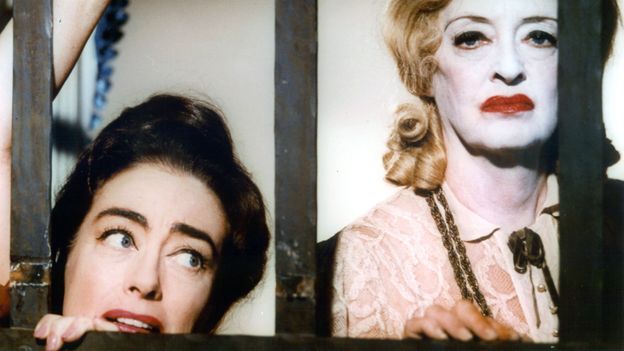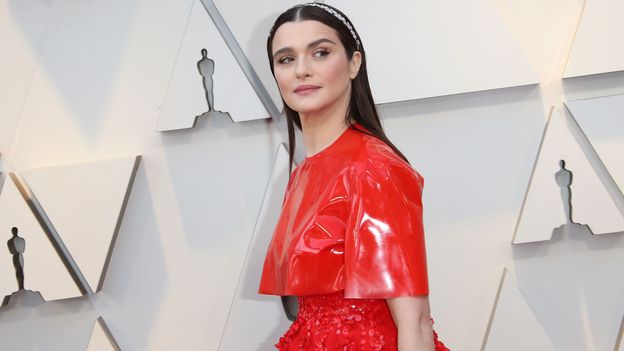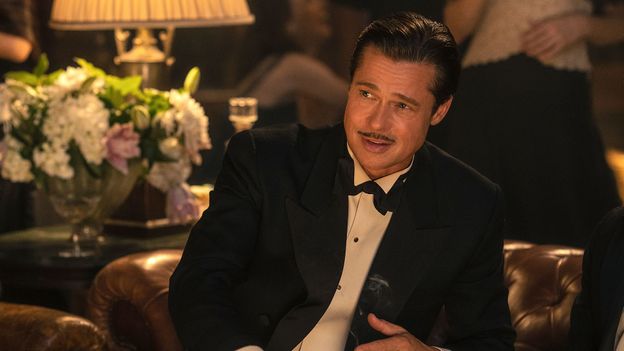To achieve such a humane approach, Meadows filmed chronologically, encouraging improvisation in rehearsals to fully flesh out even the most diabolical of his characters. It’s how Paddy Considine ended up with a green army jacket – he wanted to pay homage to Sylvester Stallone in First Blood – and a random gas mask which helped him get into character. The results are effective. “When [one of the thugs] Herbie thinks he’s striking a deal for his life, and then he gets that awful [knifing], and you can hear the fluid dripping out from the knife wound. I was watching that live, and we weren’t quite sure how Paddy was going to play it. It was frightening. That’s almost where he’s becoming a monster himself, playing psychological games to wreak that revenge. He’s becoming like the people who did what they did to his brother.”
Reckoning with revenge
In retrospect, the film’s interest in the complexity and futility of violent revenge does feel part of a running thread in Meadows’ work. In 2019, in an interview with The Guardian before his TV series The Virtues aired, Meadows spoke for the first time about a long-repressed childhood sexual assault he experienced, an incident that haunted him, and has perhaps informed his work. The Virtues is arguably Meadows’ most mature and haunting output, and features a masterclass in performance from Stephen Graham as a man searching through the pieces of a similarly traumatic past.
When I say that rewatching Dead Man’s Shoes tale of reckoning between closure and payback drew some parallels with The Virtues, Meadows says: “I won’t go into The Virtues on a personal level too much, but, over the course of [reckoning with the assault], I had a decision to make for myself. I’m not saying it was on the scale of Dead Man’s Shoes. But there was a part of me that wanted to give someone a right good hiding. But I thought, I’ve got two choices here. And maybe the best thing I can do is use the tools that I’ve learned to use best, which is actually to make something about it, rather than try and go back to my life 20 years ago and get into an excessive sort of street fight scenario. So I’ve not got to the roots of some of those things in myself, but [with Dead Man’s Shoes] I was already kind of starting to think, well: forgiveness is the answer.”
That the men of Dead Man’s Shoes are too poisonous or blind to see that until it’s too late is undoubtedly part of the point, but there’s no judgement here. “Sometimes it wasn’t the case of wanting to be this cockfighting uber-man kind of character,” Meadows says of his rough-and-tumble past. “You were almost protecting yourself like a shield. So my interest in masculinity has always been about that complexity, and I’ve been drawn to that my whole life. There’s a grey area to it that’s about more than people just being thugs.”
Given the cultural specificity of Dead Man’s Shoes, it’s a perfect crown jewel for a film season like Acting Hard. It is not only about violence, masculinity, or revenge as free-floating academic ideas: it’s about a scenario where all of these things are inextricable from the world they emerge from, and the very act of examining them at all is a step in the right direction.
Dead Man’s Shoes is re-released on 15 September. Acting Hard, a season of films exploring working class masculinity, is on now at BFI Southbank until 2 October.
If you liked this story, sign up for the weekly bbc.com features newsletter, called The Essential List. A handpicked selection of stories from BBC Future, Culture, Worklife and Travel, delivered to your inbox every Friday.
If you would like to comment on this story or anything else you have seen on BBC Culture, head over to our Facebook page or message us on Twitter.


